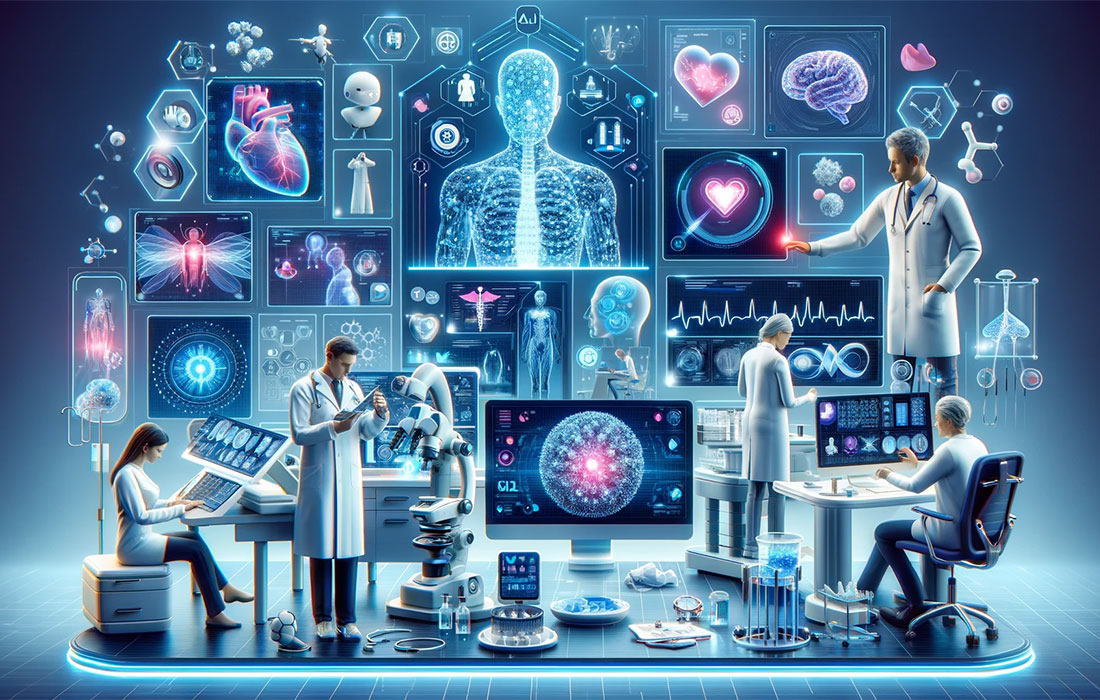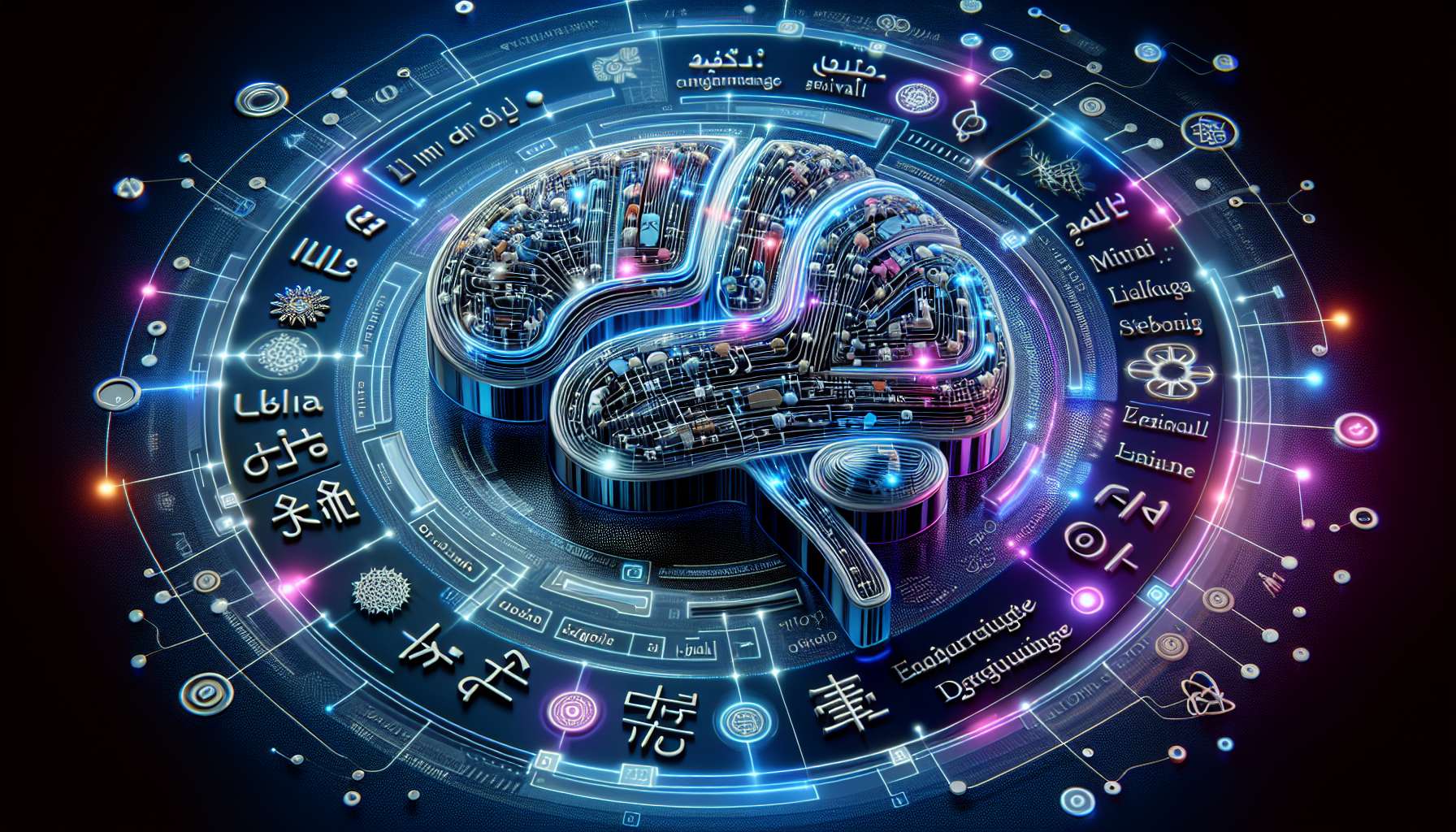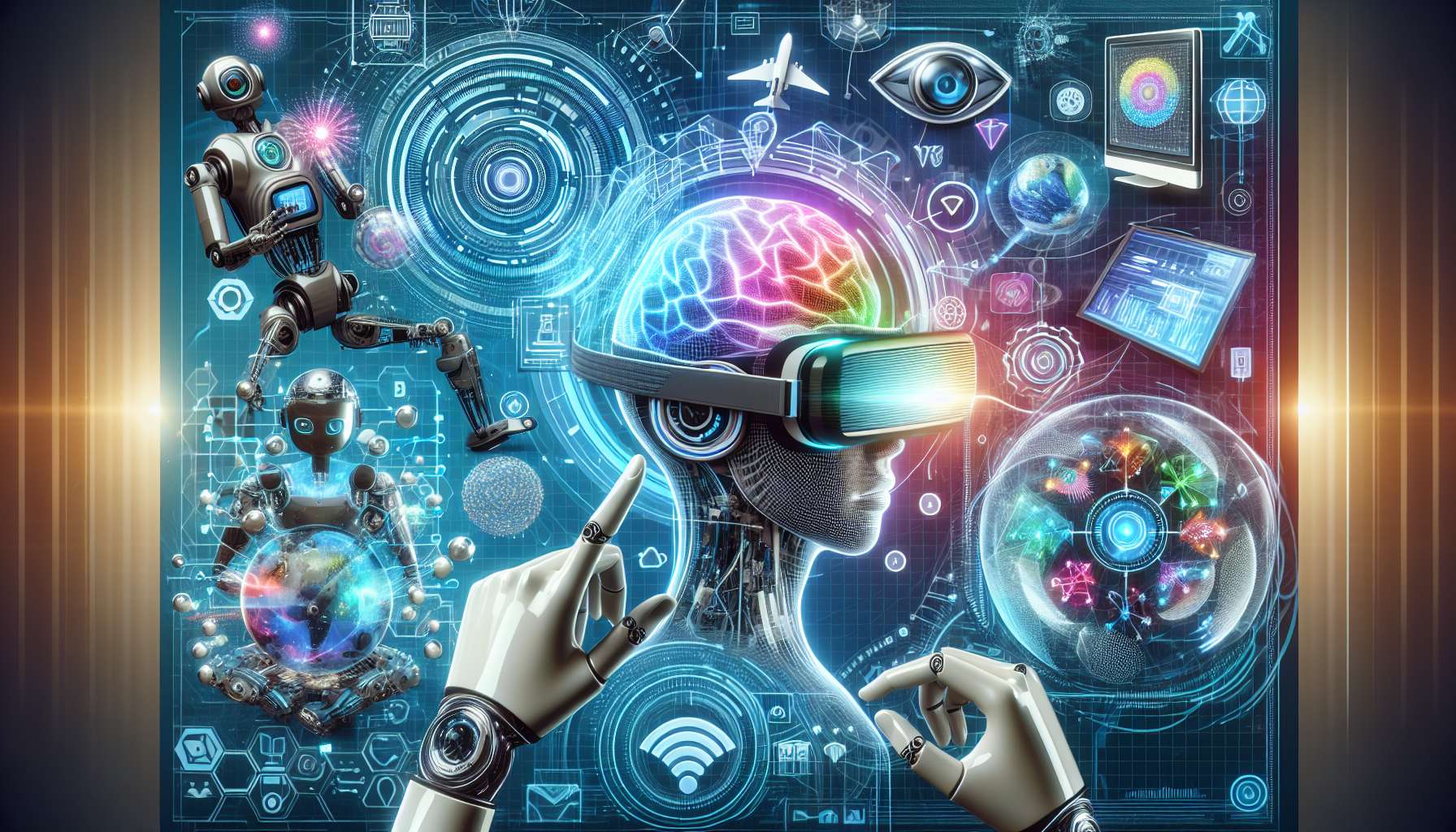The Emergence of AI in Healthcare
In recent years, Artificial Intelligence (AI) has emerged as a game-changer in healthcare, offering unprecedented opportunities in the diagnosis and treatment of diseases. From analyzing complex medical data to assisting in surgical procedures, AI’s role is continually expanding, signaling a new era in medical innovation and care.
AI-Powered Diagnostics
Enhancing Accuracy and Speed
AI algorithms are increasingly being used to analyze medical imagery, genetic information, and other critical data, leading to faster and more accurate diagnoses. These AI systems are trained on vast datasets, allowing them to recognize patterns and anomalies that might elude human experts. This not only speeds up the diagnostic process but also enhances the accuracy of the results.
Case Studies: Success Stories
Case studies abound where AI has made significant breakthroughs. For instance, AI systems have successfully identified early stages of cancer more accurately than traditional methods, leading to early interventions and better patient outcomes.
AI in Treatment Planning
Personalized Medicine
AI is at the forefront of personalizing medicine. By analyzing individual patient data, AI systems can suggest customized treatment plans that cater to the unique genetic makeup of each patient. This approach not only increases the efficacy of treatments but also minimizes side effects.
AI in Drug Discovery and Development
AI is revolutionizing drug discovery and development, speeding up the process of bringing new drugs to the market. By predicting how different molecules will behave and how likely they are to make an effective treatment, AI is helping pharmaceutical companies to identify promising candidates at an early stage.
AI in Patient Monitoring and Care
Wearable Technology and Remote Monitoring
Wearable health technology, powered by AI, is enabling continuous monitoring of patients’ health. These devices can track vital signs, detect abnormalities, and even alert healthcare providers in real-time, making them invaluable in chronic disease management and preventive care.
Predictive Analytics for Preventive Healthcare
AI’s ability to analyze large sets of health data over time enables it to predict potential health issues before they manifest. This predictive analytics is a cornerstone in the shift towards preventive healthcare, helping to address problems before they require more serious intervention.
Ethical Considerations and Challenges
Data Privacy and Security
One of the biggest challenges in the integration of AI in healthcare is ensuring the privacy and security of patient data. As healthcare providers adopt more AI solutions, they must also implement robust security measures to protect sensitive health information.
The Human Touch in Healthcare
While AI brings numerous benefits to healthcare, it’s essential to maintain a balance between technological assistance and human judgment. The empathy, ethical considerations, and experiential knowledge that healthcare professionals bring cannot be overlooked.
Future Prospects
The Evolving Role of AI in Healthcare
The future of AI in healthcare is promising and expansive. Emerging technologies like quantum computing and more advanced machine learning models are expected to further enhance AI’s capabilities in healthcare, making diagnoses and treatments more efficient, accurate, and personalized.
Conclusion
AI as a Catalyst for Healthcare Innovation
AI in healthcare is more than a technological advancement; it’s a catalyst for comprehensive innovation in the sector. It is revolutionizing how we diagnose and treat diseases, making healthcare more efficient, effective, and personalized. As AI continues to evolve, its integration into healthcare promises to further enhance the quality of care and patient outcomes.








